Tisuće ljudi napustile su svoje domove na sjeveru Nigerije zbog sukoba nakon ponovnog izbora Goodlucka Jonathana za predsjednika te zemlje, prenosi BBC. Nigerijska izborna komisija proglasila je sinoć Goodlucka Jonathana službenim pobjednikom predsjedničkih izbora.
Jonathan je u obraćanju naciji pozvao na prestanak "nepotrebnog" nasilja u sjevernom dijelu zemlje, u kojem većinsko stanovništvo čine muslimani. Jonathan je dobio oko 57 posto glasova. Međunarodni promatrači priopćili su da su izbori bili "prihvatljivo slobodni i pošteni". Pristaše Jonathanova glavnog protivnika generala Muhammadua Buharija ne prihvaćaju rezultate i tvrde da su izbori lažirani.
Međunarodni crveni križ priopćio je da je velik broj ljudi ubijen u sukobima s policijom na sjeveru zemlje. Jonathan je pobijedio u skoro svim pokrajinama na jugu zemlje, u kojima kršćani čine većinu, osim u jednoj. Buhari je pobijedio na muslimanskom sjeveroistoku i sjeverozapadu.

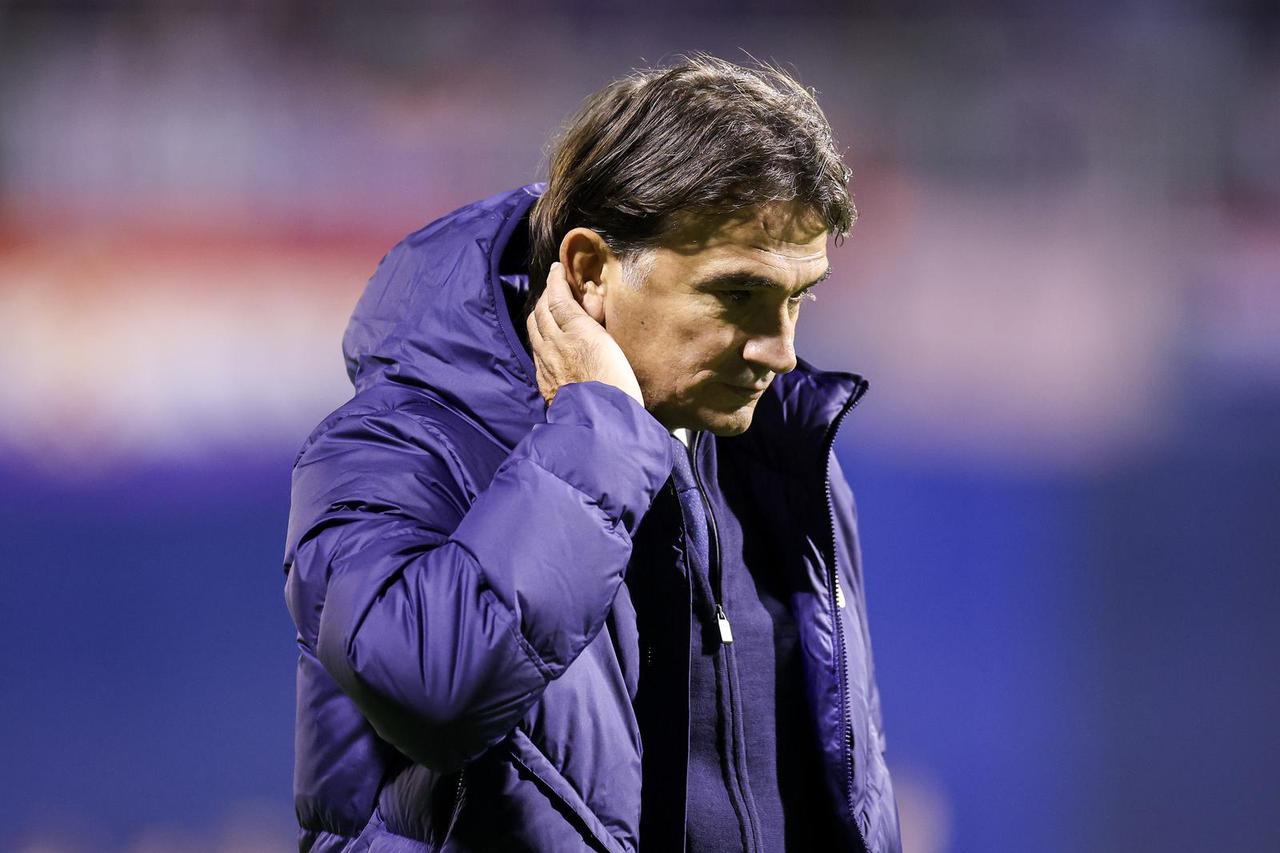


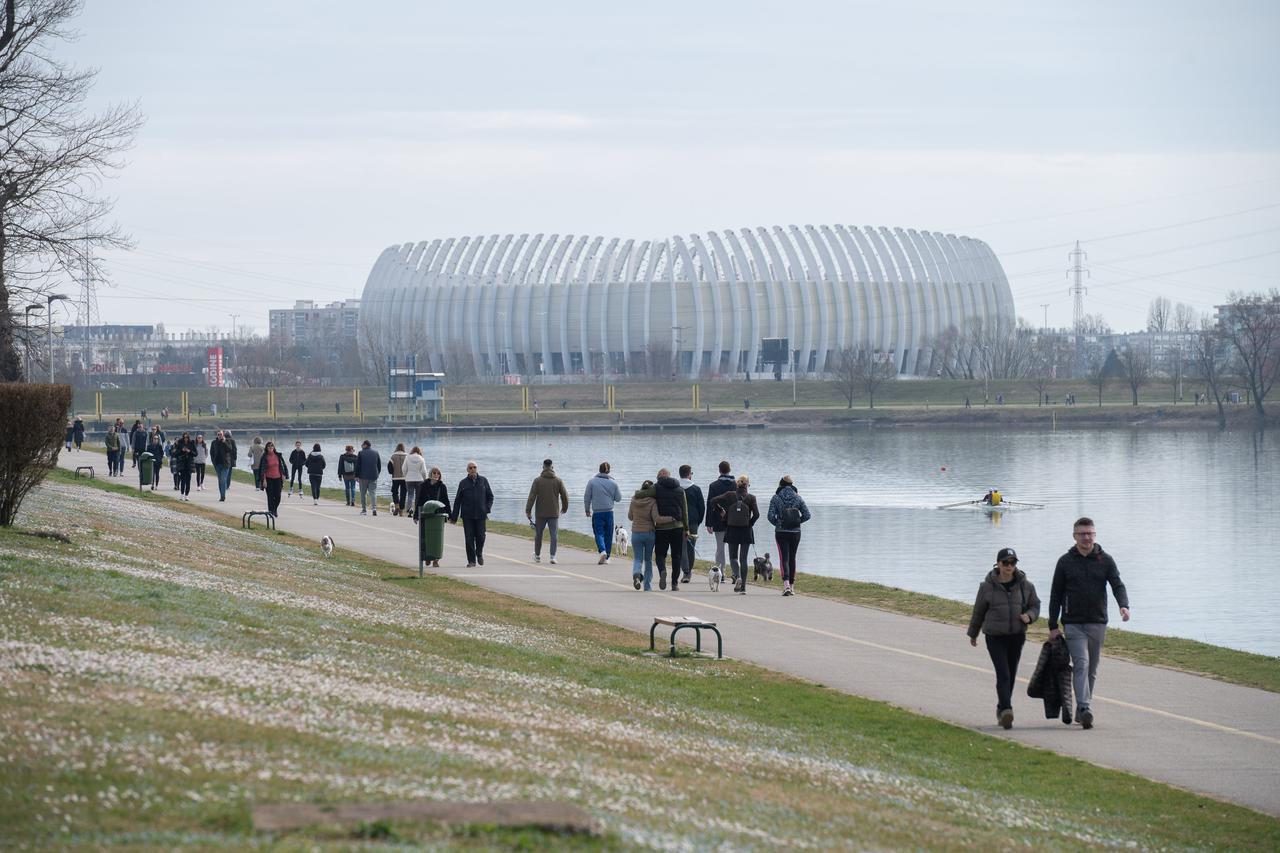
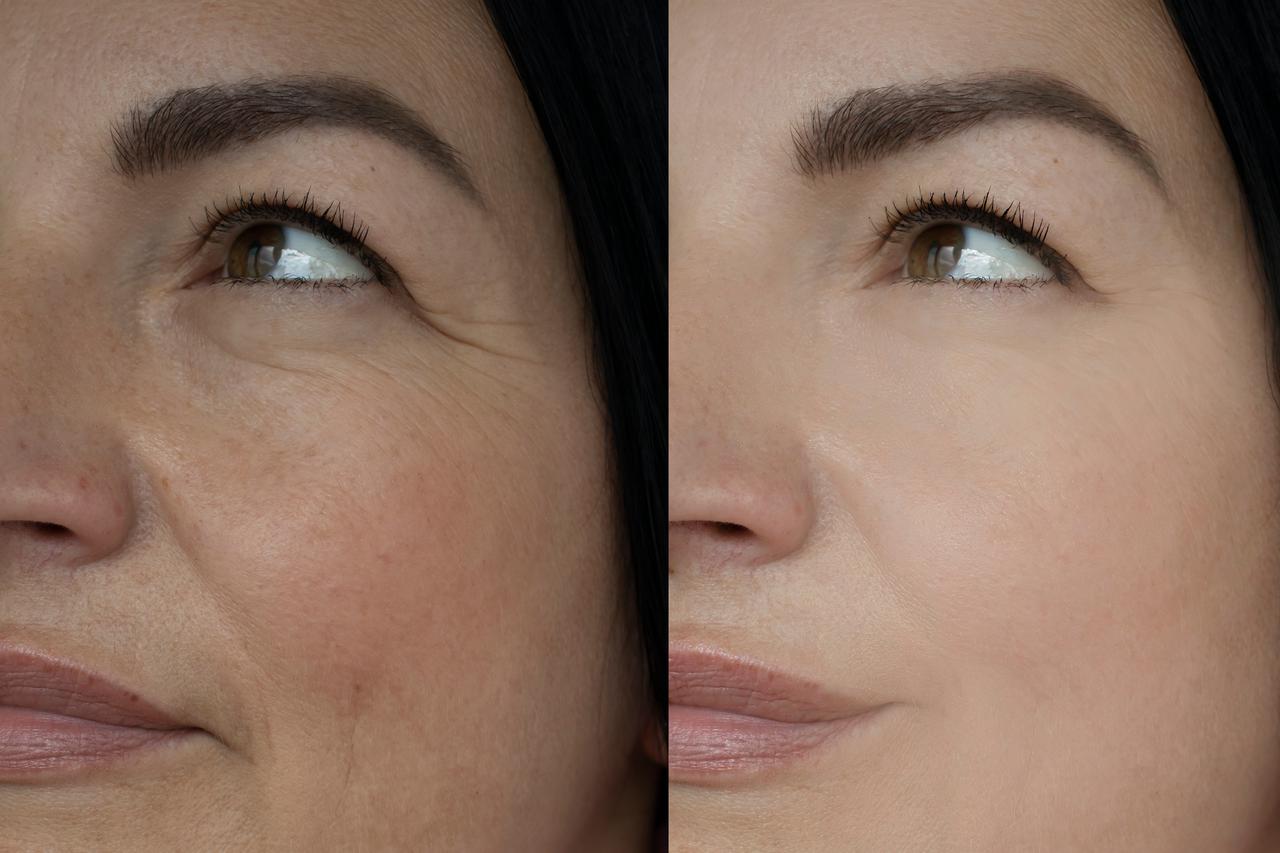



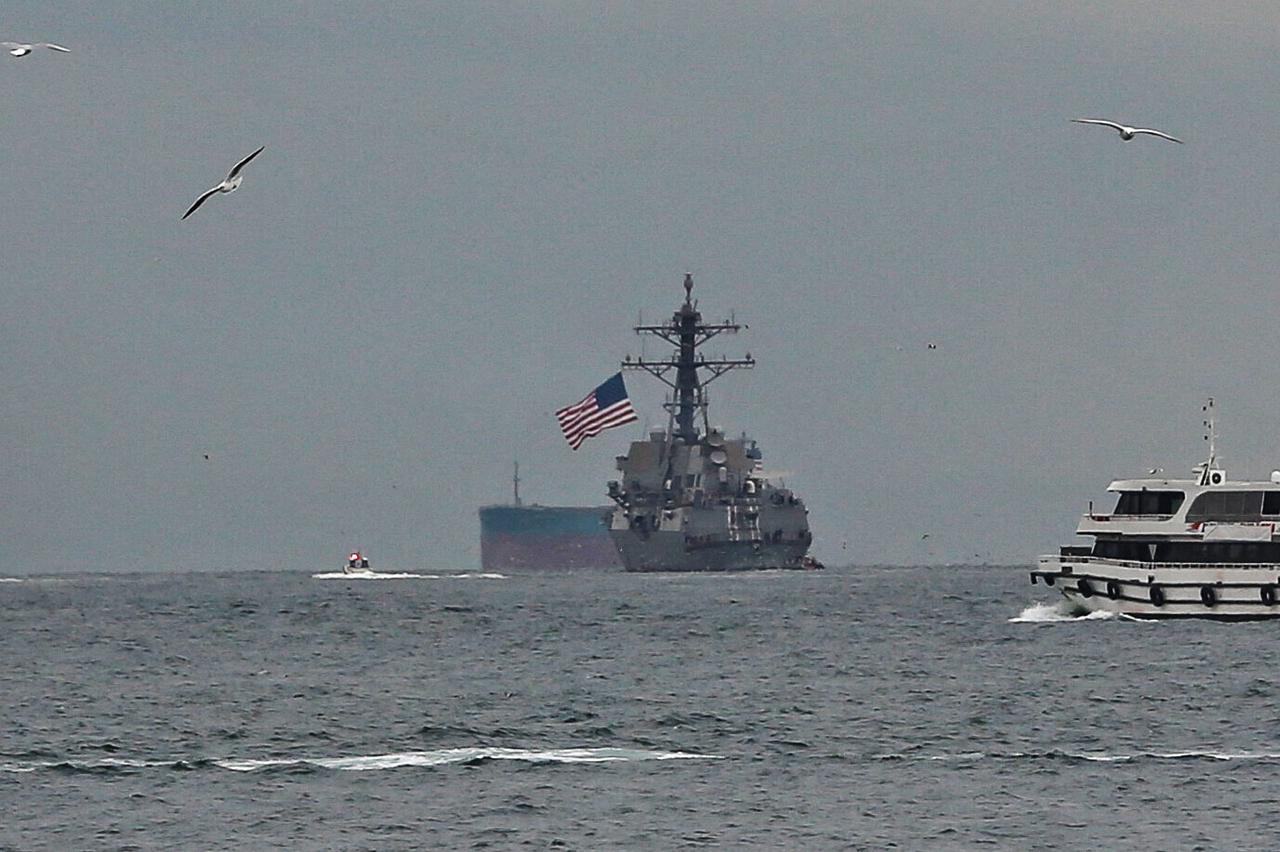

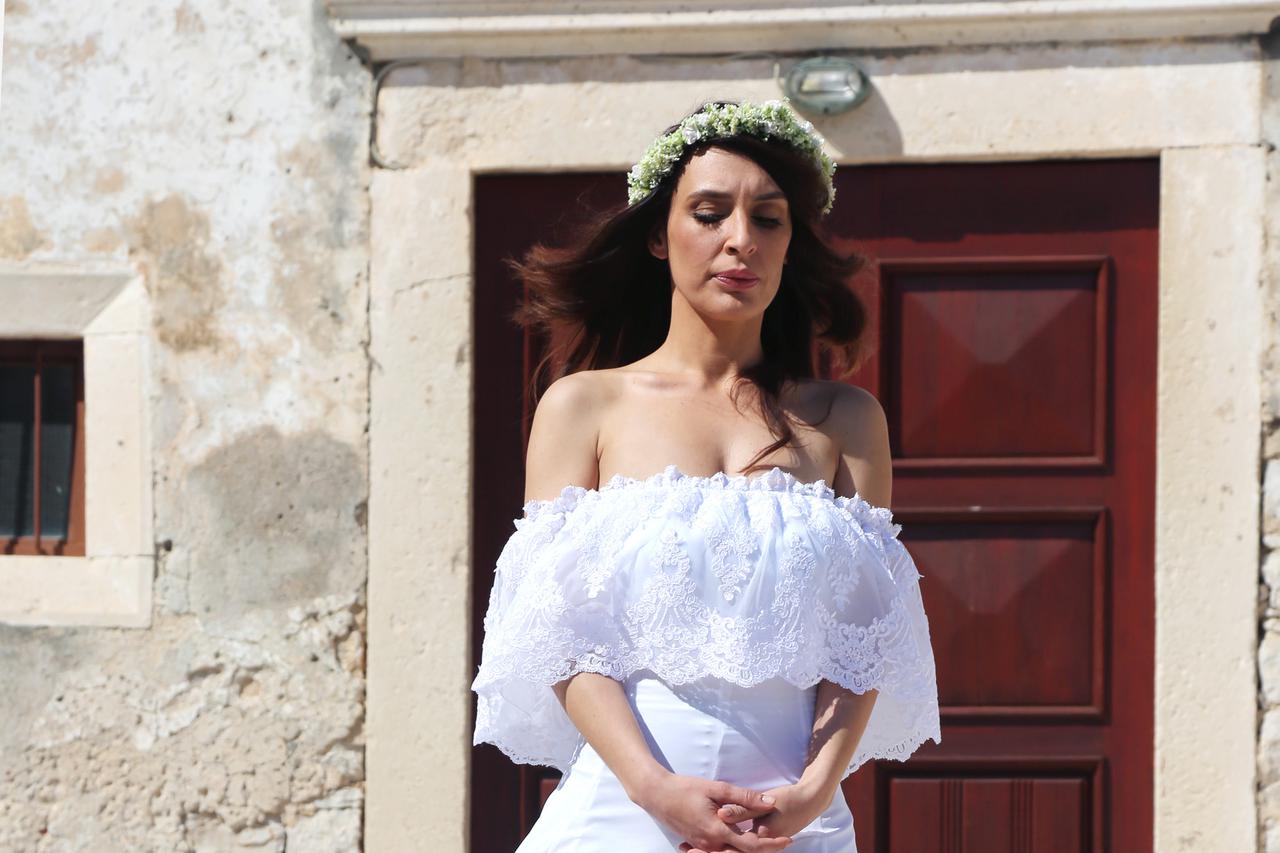
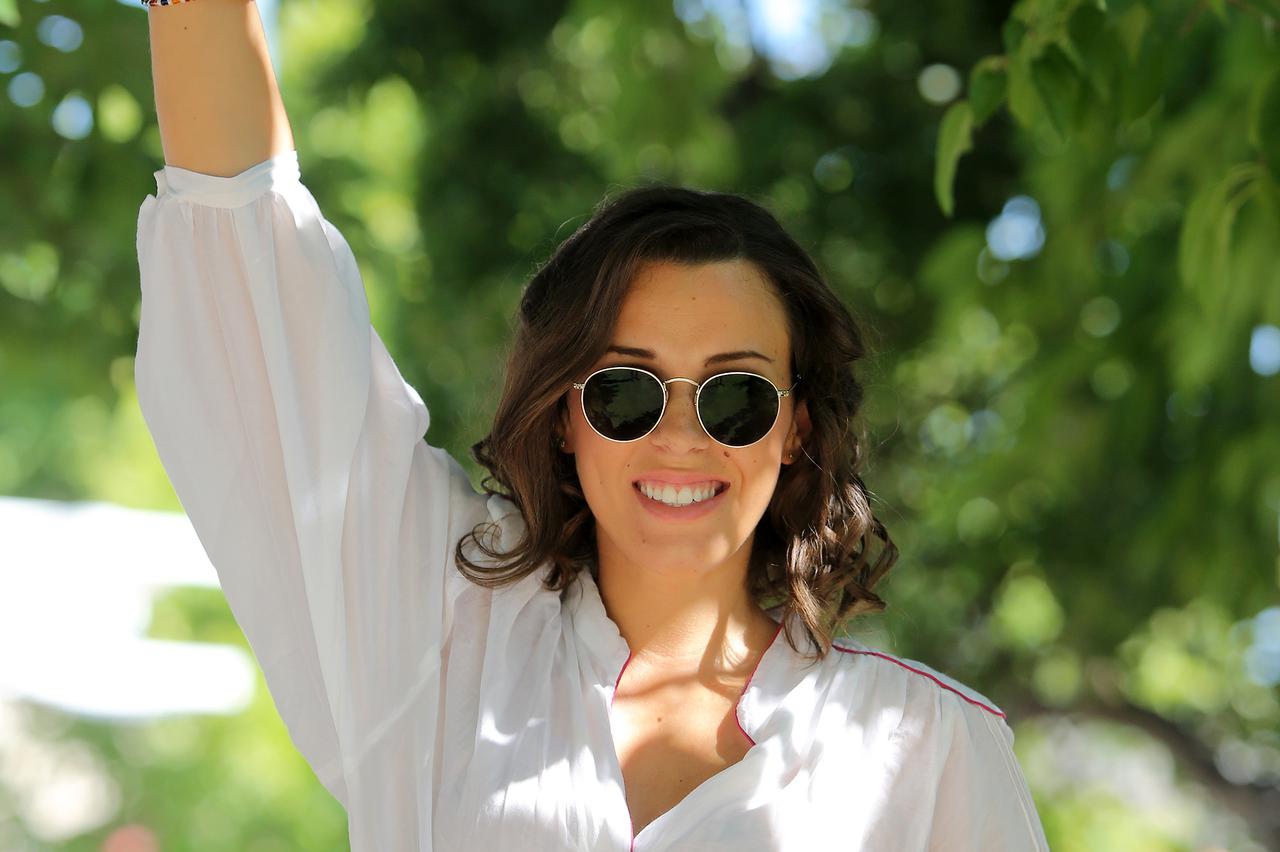

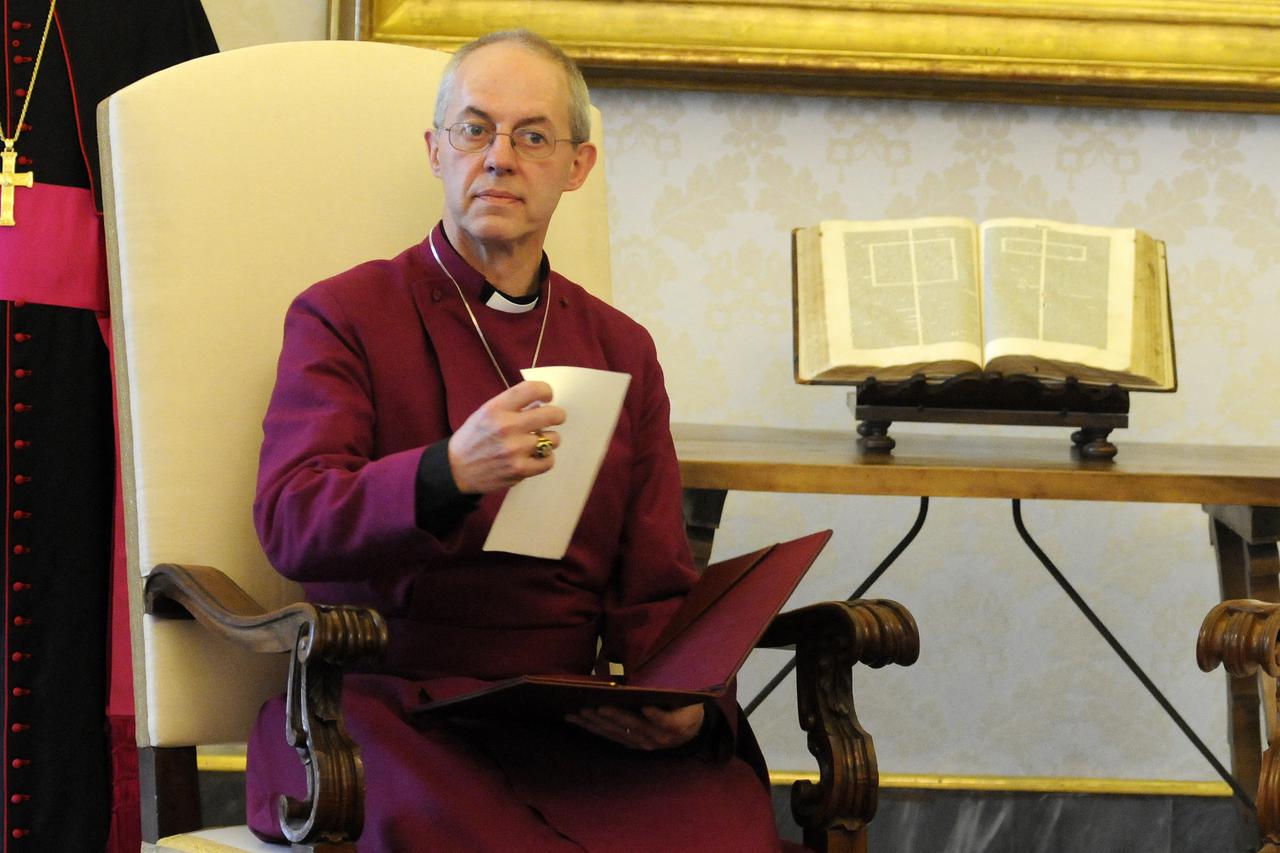
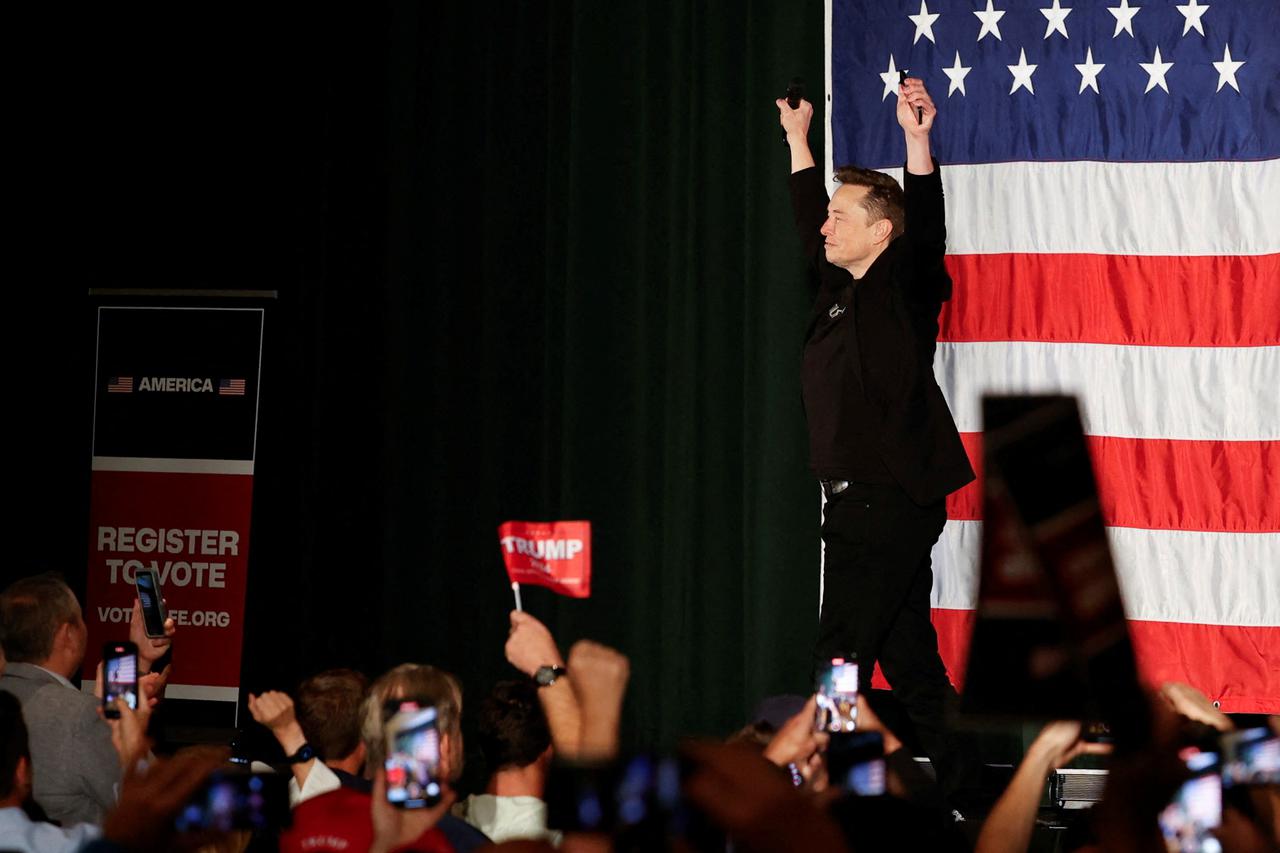
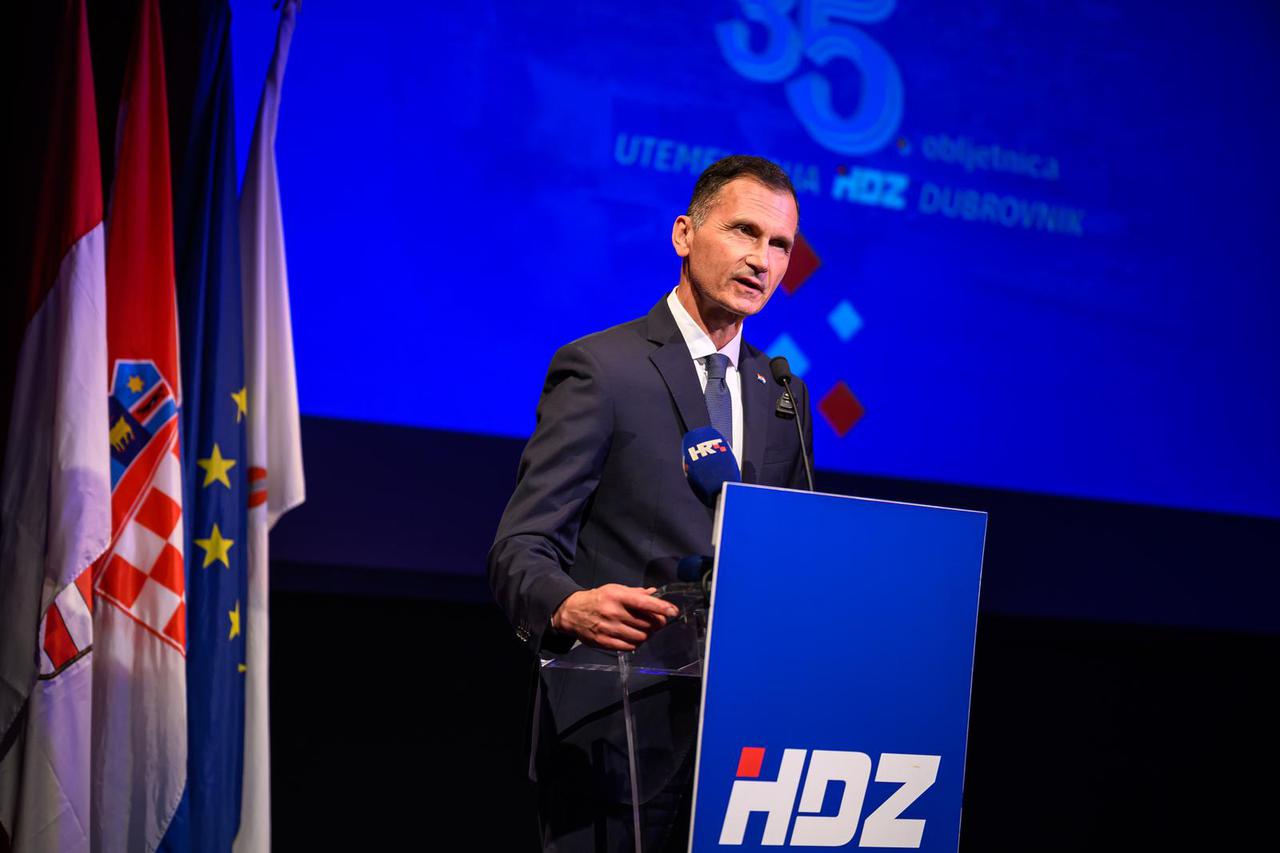
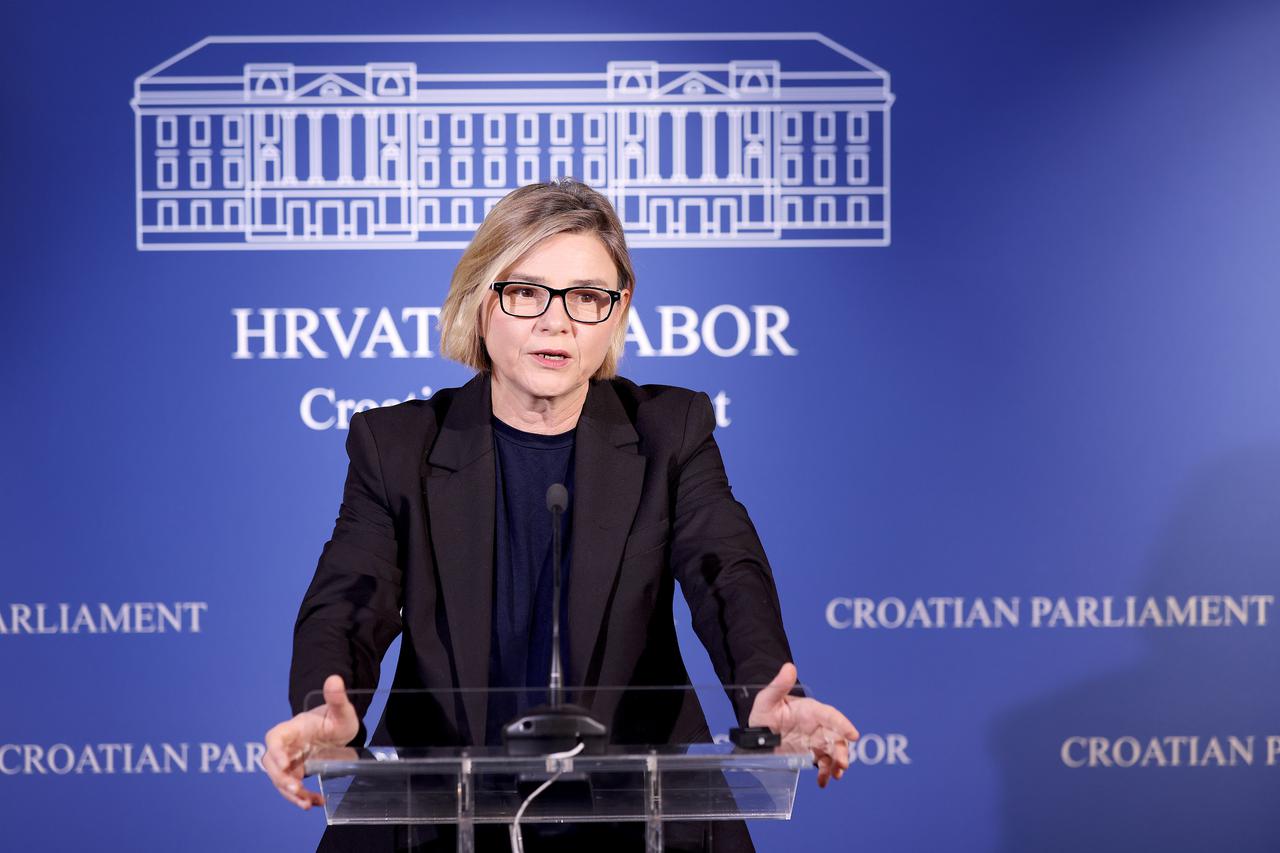
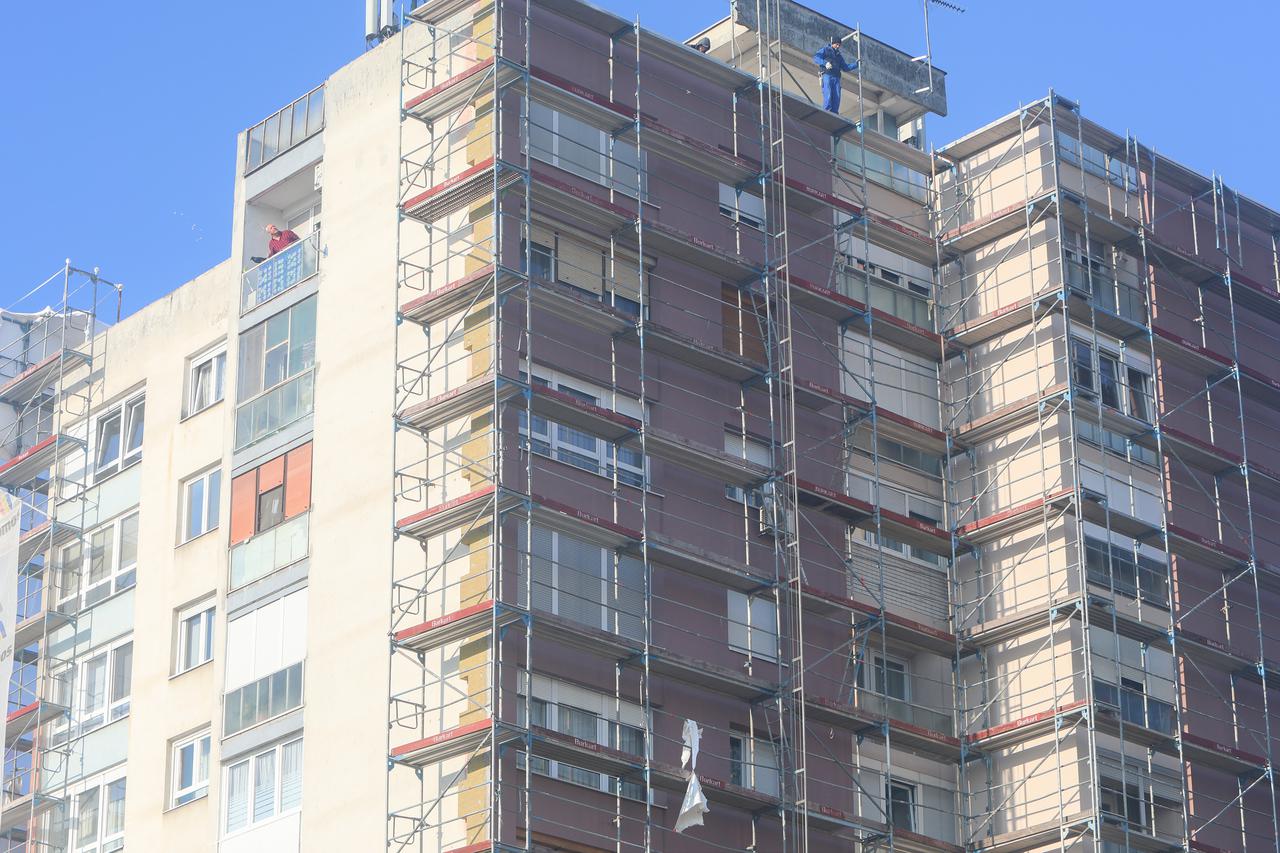
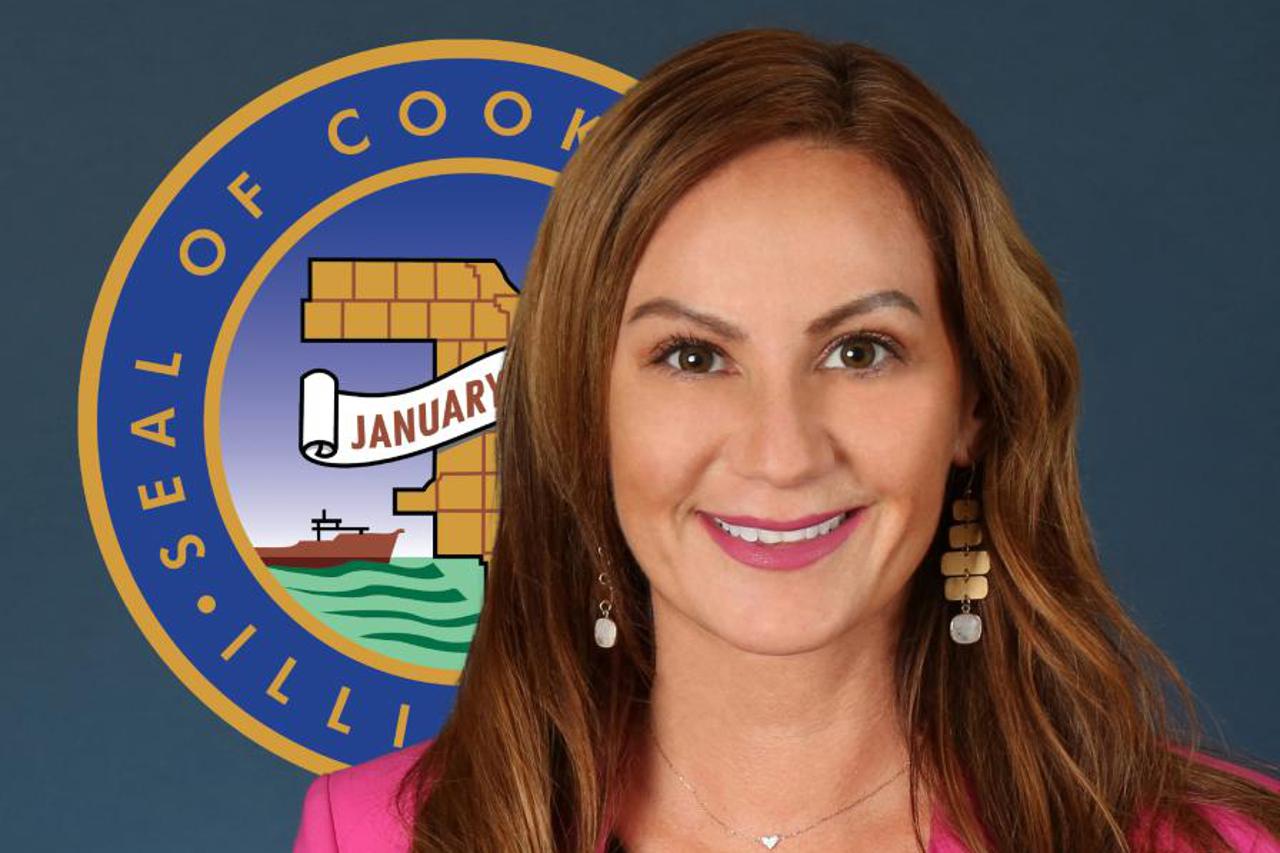
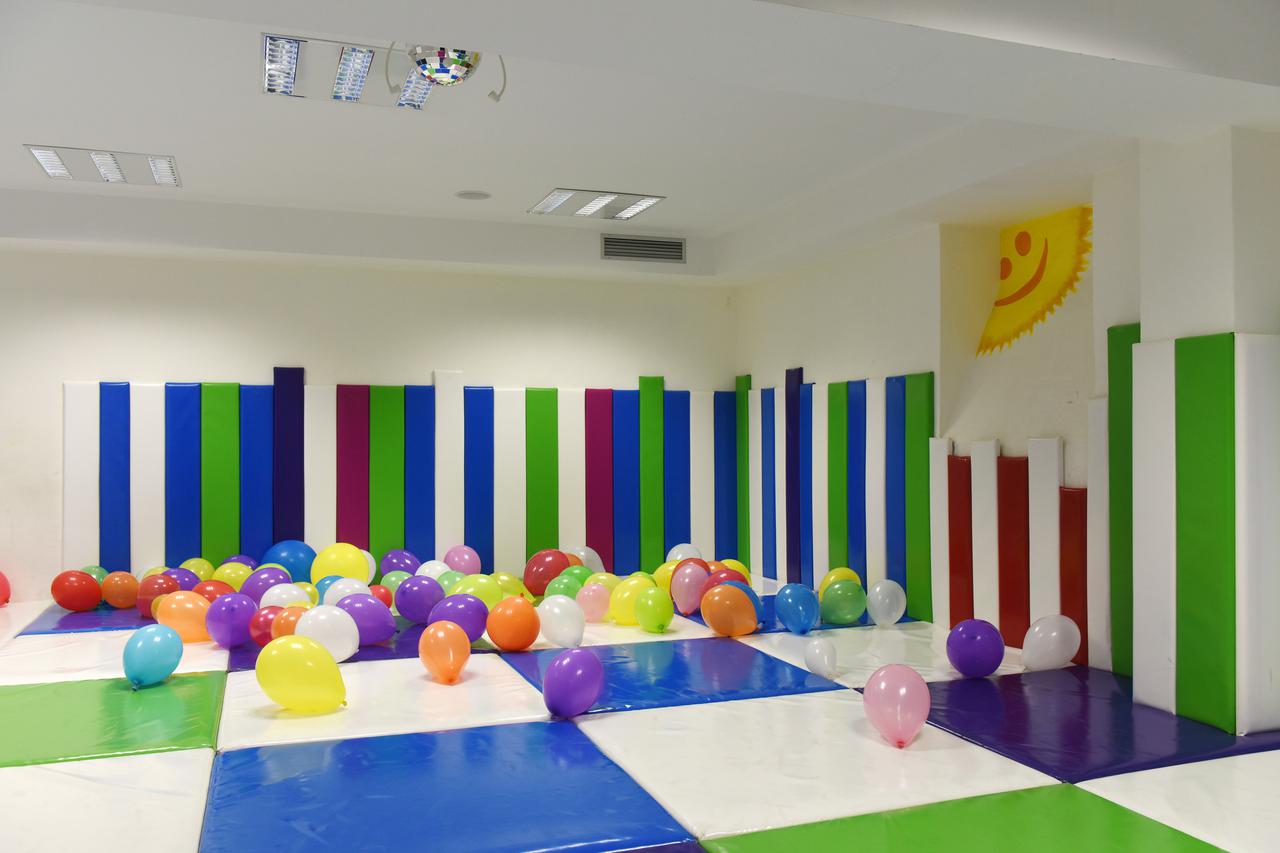
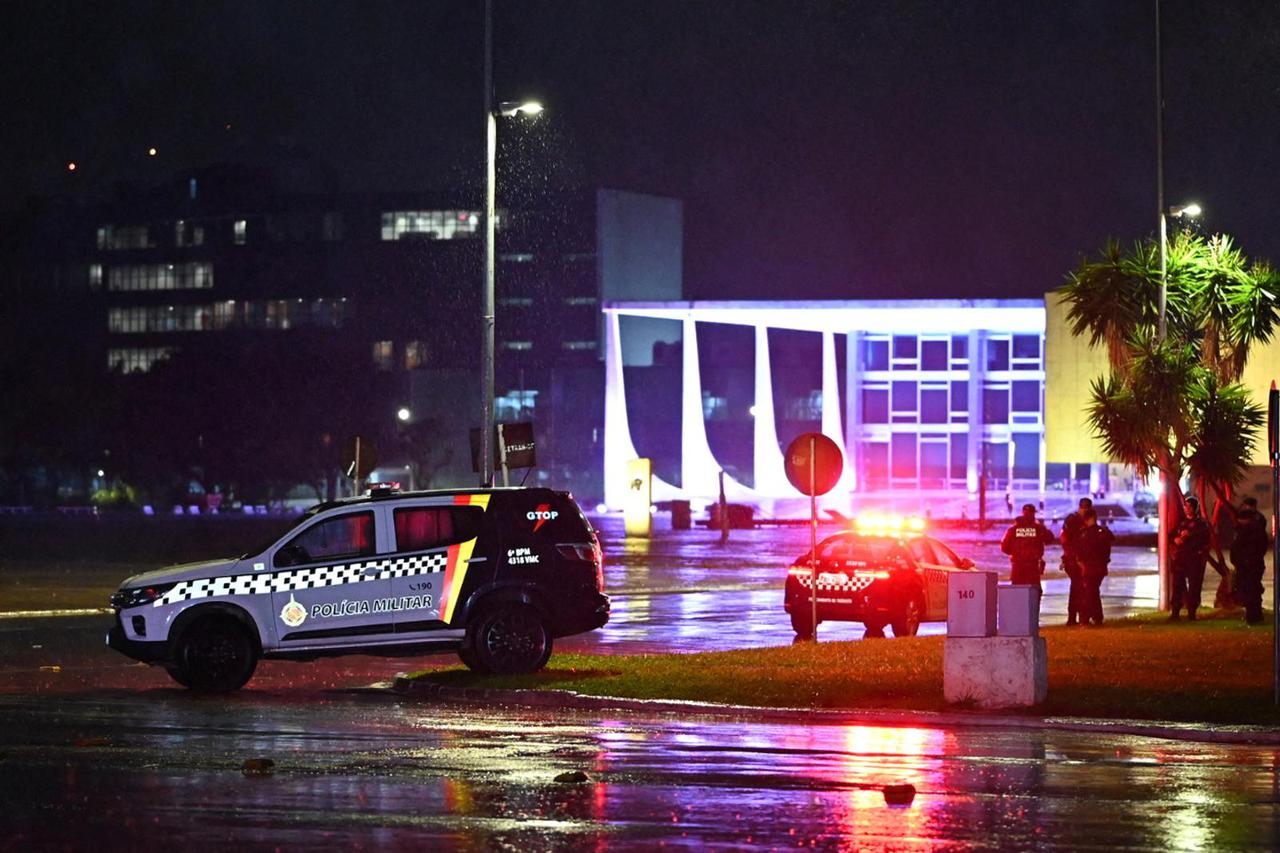
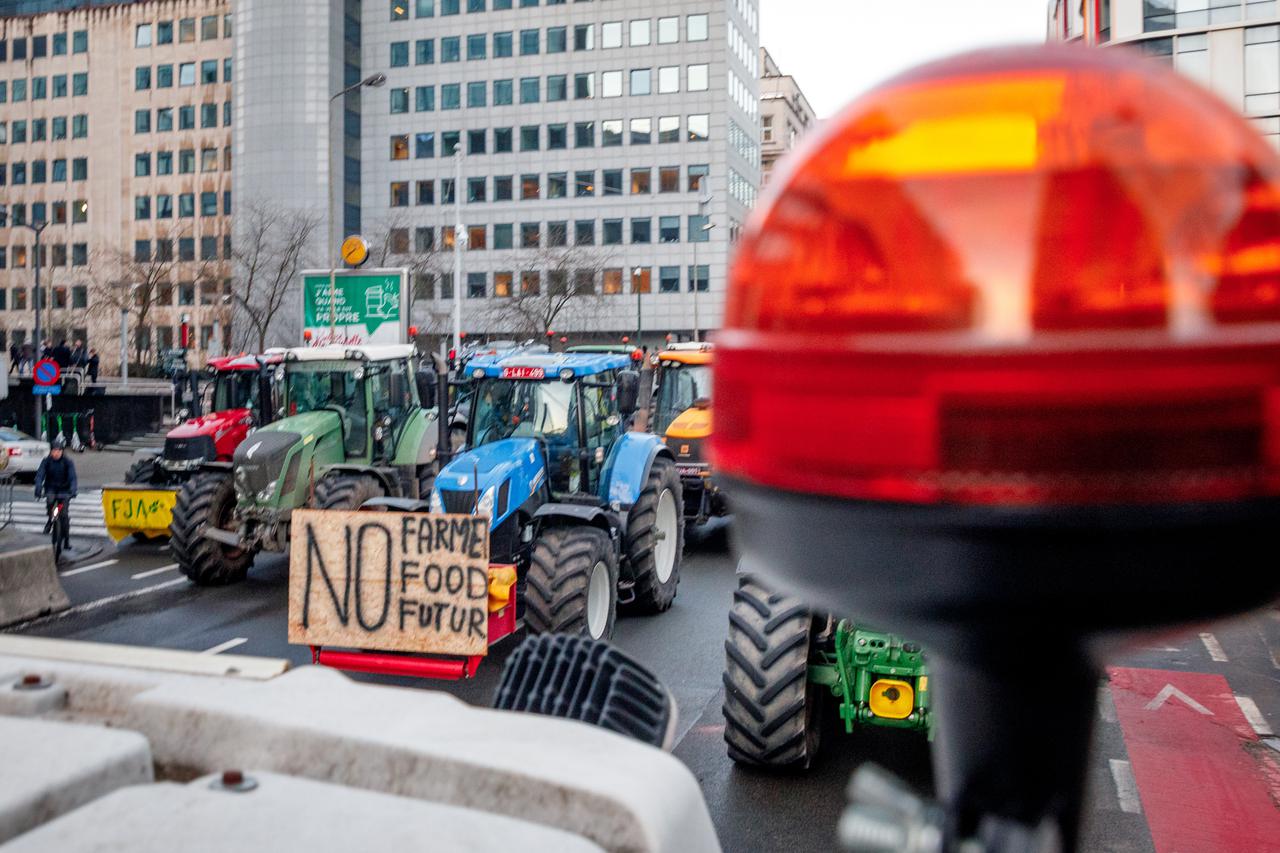
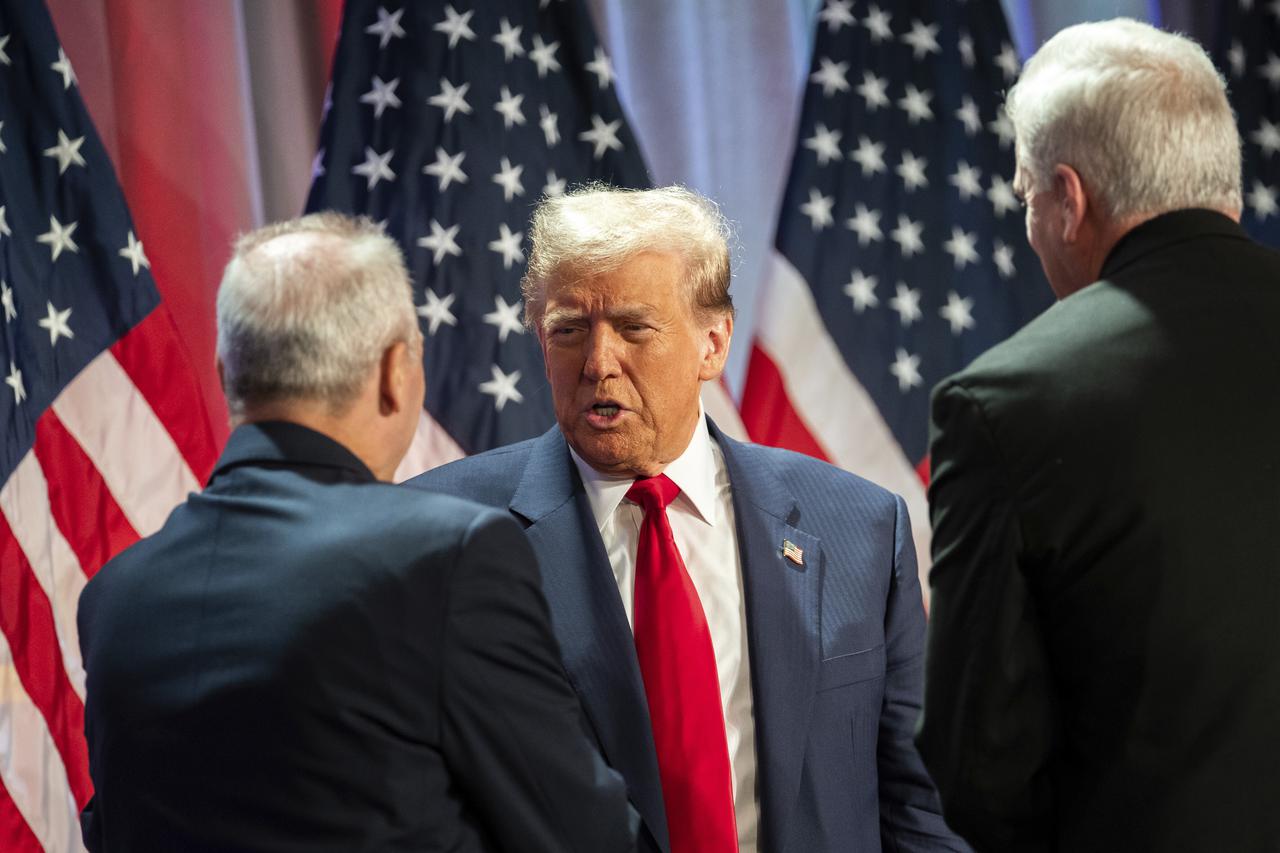
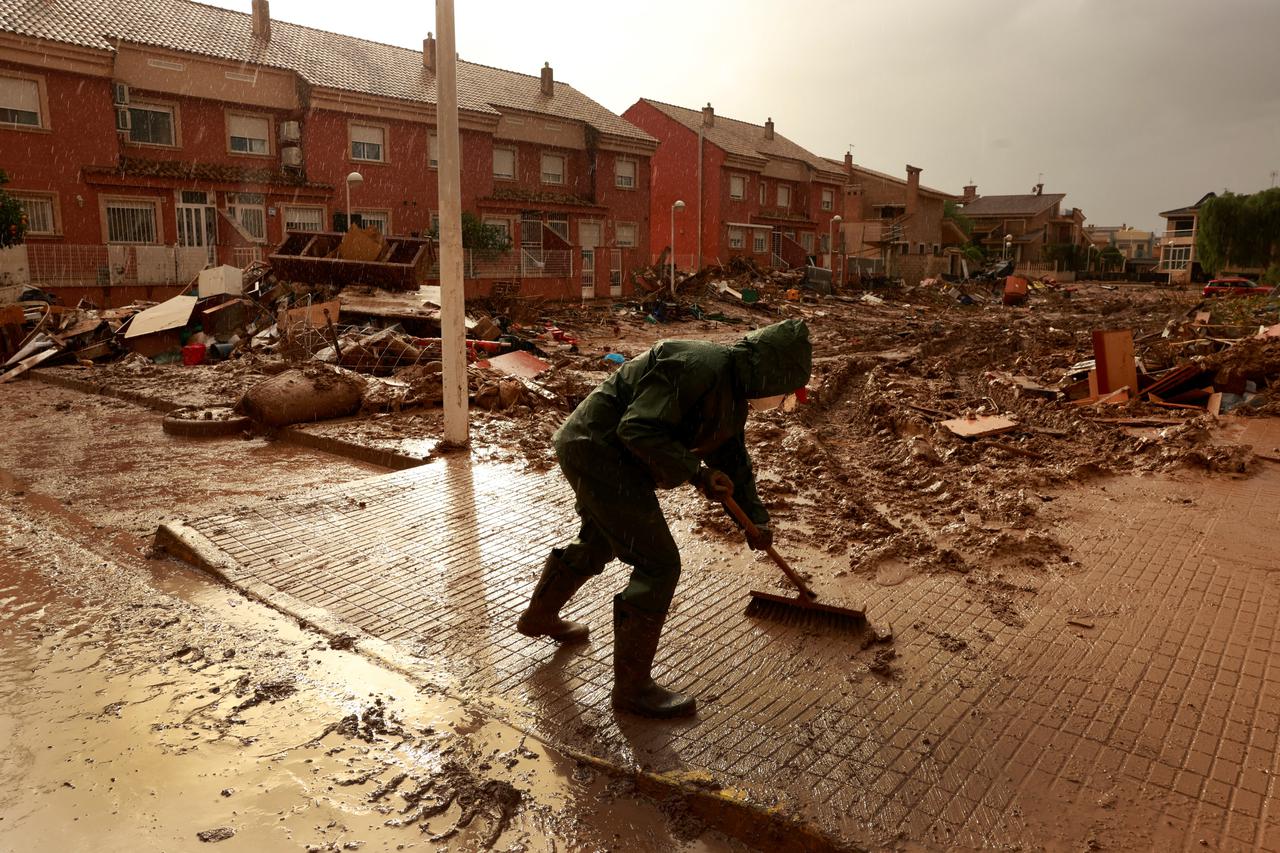

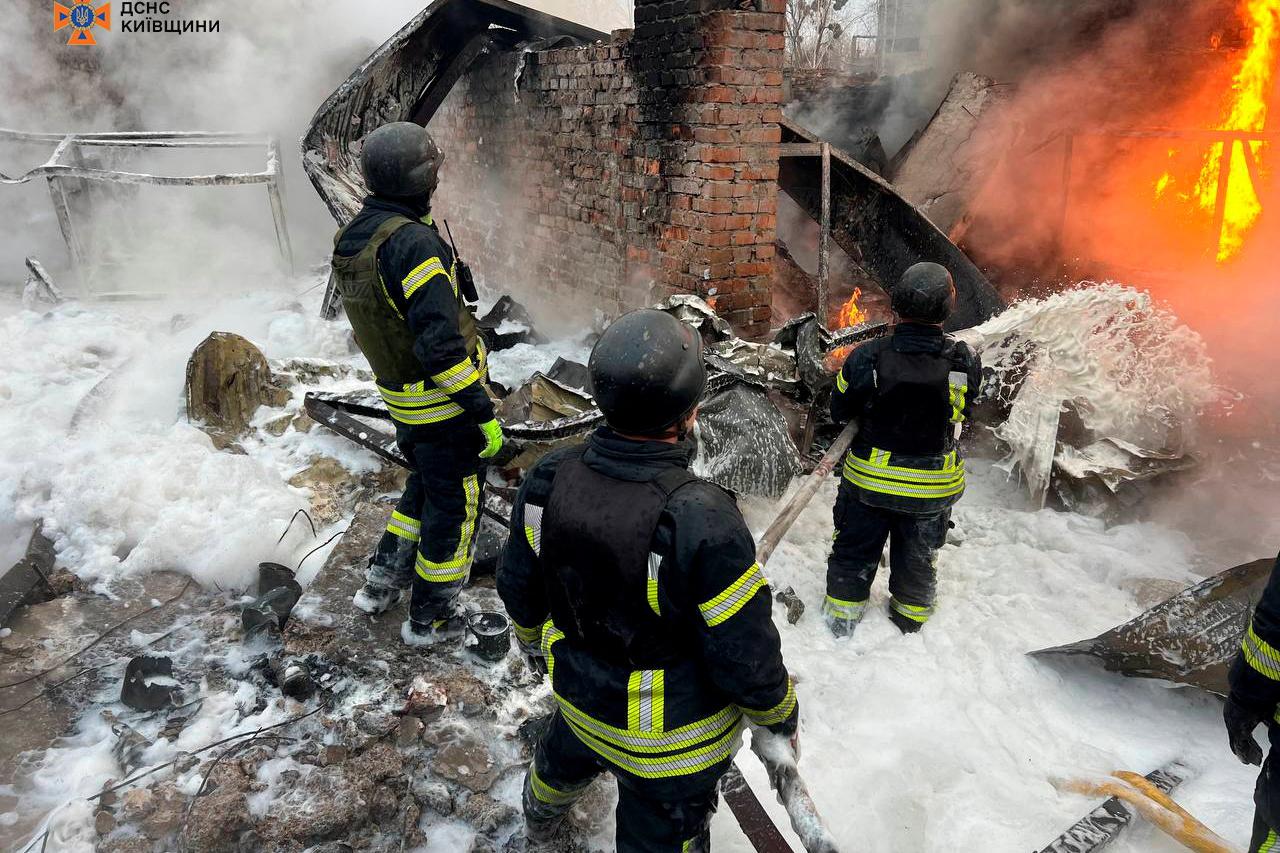
Pohod bankstera na tuđe bogatstvo .......... vjerojatno po sličnom scenariju kao u obali bijelokosti ......